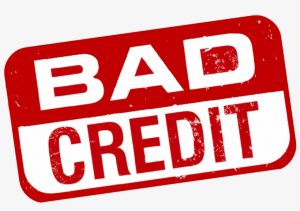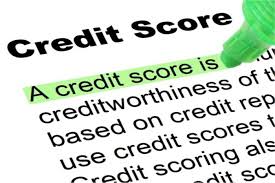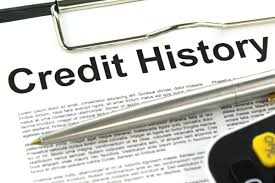
Presented by Paystrubmakr.com  By John Wolf and Tom Cullen CPA
By John Wolf and Tom Cullen CPA
World Health Organization
To prevent infection and to slow transmission of COVID-19, do the following:
-
Wash your hands regularly with soap and water, or clean them with an alcohol-based hand rub.
-
Maintain at least a 1-meter distance between you and people coughing or sneezing.
-
Avoid touching your face.
-
Cover your mouth and nose when coughing or sneezing.
-
Stay home if you feel unwell.
-
Refrain from smoking and other activities that weaken the lungs.
Credit score
Do you have a good credit score? It will help you to be qualified for lower interest rates if you are going to look for loans. Suppose you got rewards for your credit cards that earned cash backs, points, and miles when you spent your fortune. It will help you when you go on the big thing like buying a home and applying for jobs. It’s therefore wise to improve your credit score as much as you can.
More than likely that you are one of the millions of Americans that the Coronavirus pandemic Lockdown layoff and low sales affected their financial situation
Chi Chi Wu is a National Consumer Law Center (NCLC) staff attorney. Says that at this time, you should not worry about your credit score.
“If you own a home, pay your mortgage first,” Wu tells CNBC Select. “If you own a car and have a car loan, pay that first because you can’t move without your car. But the score should be the last thing you think about. The most important thing is to provide for the necessities.”
When you apply for credit, whether it’s a credit card, car loan, or a mortgage, lenders want to know whether you are likely to repay your loan and make the payments on time. To determine if you are a good credit risk, lenders will examine your credit score whenever you apply for credit. Your credit score is an important factor in deciding whether creditors will approve your credit application and if approved, the cost of your loan. Other factors that can affect your credit application include your income and employment history.

How is your credit score calculated?
Your credit score is calculated based on the information in your credit report, which is a profile of how you manage your credit (loan) accounts. Your credit report details, how many credit accounts you have, how much you owe, the number of credit limits(primarily applies to credit cards), when you opened the credit account, your repayment history (including late payments), and certain public records (bankruptcy or tax lien).
Most credit scoring models consider the following factors when calculating your score:
Payment History
- The number of overdue accounts.
- The number of accounts paid on time.

Credit score
- Negative public records (for example, bankruptcy, judgments, suits, liens, and wage attachments).
- The amount past due on delinquent accounts or collection items.
Amounts Owed
- For credit cards and other revolving credit with credit limits, the percent of your credit limit that you currently are using.
- The amount owed on all accounts, as well as on different types of accounts.
The number of accounts with balances. - The amount still owed on installment loans relative to the amount originally borrowed.
Types of Credit Used
The mixture of revolving credit (for example, credit card or a home equity line of credit) and installment loans (for example, auto loan or mortgage). A history of borrowing using different types of credit (for example, credit card, home mortgage, and car loan) increases your score.
Length of Credit History
- The average time since the accounts were opened.
- The length of time since the accounts were opened, by account type.
- How long since there was account activity.
New Credit
- The number of recently opened accounts and inquiries from creditors.
The length of time since the last credit inquiry. - Re-establishment of a positive credit history following past payment problems.
- The length of time since a new account was opened.
Tips to increase/fix your credit score:
- At least once a year, review your credit reports for inaccuracies and file a dispute immediately if you find an error.
- Pay your bills on time. Late payments can hurt your score significantly. The more you pay your bills on time, the better your score.

Credit history
- Keep credit card balances low relative to credit limits (30 percent or lower is recommended). “Maxing out” your credit cards means you have a very high utilization rate, which significantly lowers your credit score.
- Pay off debt rather than moving it around.
Open new credit accounts only as needed; new accounts decrease the average age of your total accounts. - Avoid closing credit card accounts because this also decreases the average age of your accounts.
- Apply for installment loans (mortgages, car loans, etc.) within a 30-day period.
If you want to know how to edit a pay stub, Visit https://paystubmakr.com/
paystumbmakr.com team thanks you for a visit and reading this blog Pays tub online About pay stubs
Learn how to create your pay stub
paystubmakr.com
Disclaimer: John Wolf and paystubmakr.com are making a total effort to offer accurate, competent, ethical HR management, employer, and workplace advice. We do not use the words of an attorney, and the content on the site is not given as legal advice. The website has readers from all US states, which all have different laws on these topics. The reader should look for legal advice before taking any action. The information presented on this website is offered as a general guide only.

